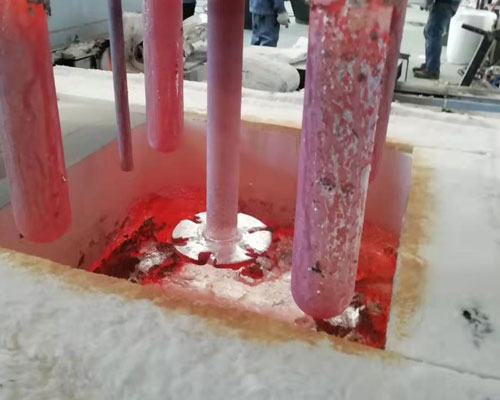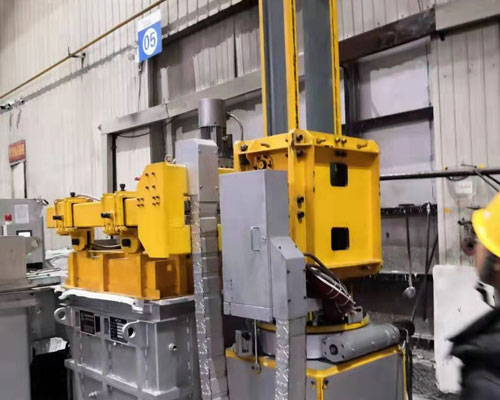What is degassing aluminum? Degassing aluminum is mainly to purify hydrogen in molten aluminum.
During the smelting process of cast aluminum alloy, there will be a large amount of hydrogen in the molten aluminum. When the molten aluminum solidifies at 660°C, the solubility of the hydrogen will drop sharply. Due to the fast cooling rate and the low temperature of the melt, hydrogen cannot escape from the solidified aluminum. The hydrogen remaining in the castings can form casting defects such as pinholes and looseness. Therefore, when purifying the cast aluminum alloy melt (also called refining), it is necessary to remove the gas and inclusions in the aluminum melt.
What to Use to Degas Aluminum
At present, aluminum melt purification methods such as flux are usually used to produce cast aluminum alloy. The main components of the used refining flux are chlorine salt and fluoride salt. The gas produced by the chlorine salt or fluoride salt will absorb impurities or hydrogen in the melt during the floating process to achieve slag removal and exhaust. This process usually requires continuous stirring. Although this refining method is relatively simple and low in cost, the chlorine salt or fluorine salt produces less gas, and absorbs less impurities or hydrogen in the melt. The slag removal and degassing effect are not ideal.
AdTech online degassing equipment has become an indispensable supporting equipment on the assembly line, providing online uninterrupted degassing for molten aluminum.

What is Degassing Aluminum with Degassing System
The set inert gas is injected into the molten aluminum through the rotating graphite rod and rotor. The rotor breaks up the inert gas entering the molten aluminum into small bubbles evenly dispersed in the molten metal. These small inert gas bubbles capture the hydrogen and other non-metallic inclusions in the molten metal, then float to the surface together. It is recommended to use argon or nitrogen with purity above 99.996%.
AdTech Online Degassing Equipment Features
High degassing efficiency makes the alloy more homogeneous.
The degassing effect is significant, increasing the casting yield and improving the mechanical properties of castings.
Rotation speed and gas flow rate can be set to the best speed and flow rate according to the different viscosity of molten metal.
The structure is compact and durable, and the maintenance cost is low.

